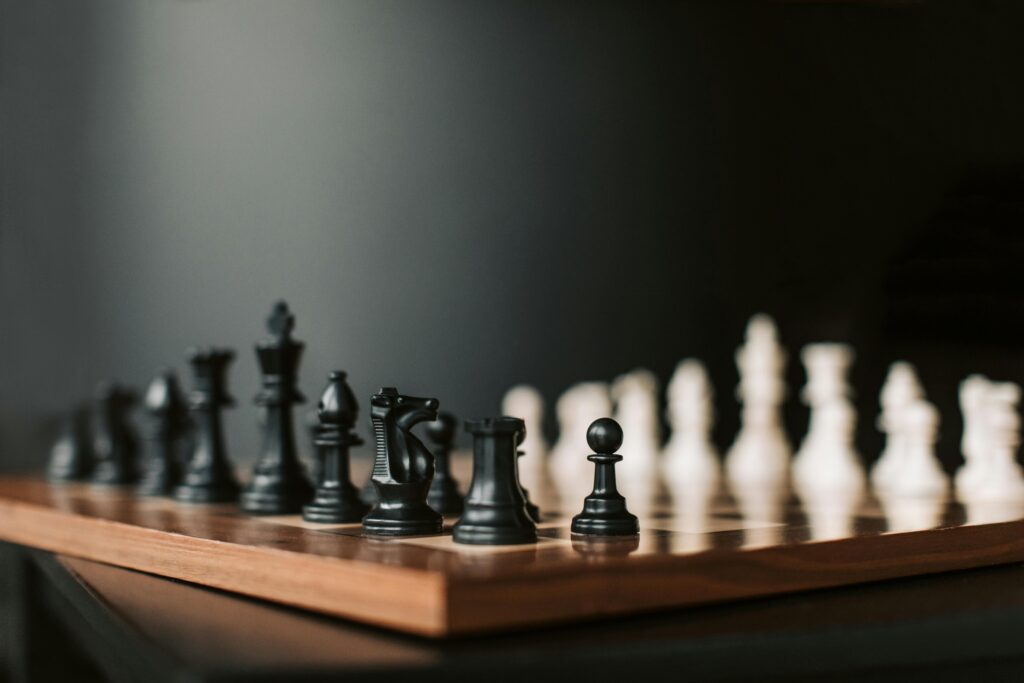If you’re a parent in Clydebank or anywhere near Glasgow, you might be wondering where to take your child’s chess skills to the next level. Maybe your little one just discovered the game and loves moving the pieces around. Or maybe they’ve been playing for a while and now want to win more games, think faster, and maybe even compete one day.
Online Chess Training
Landscape of Chess Training in Clydebank and Why Online Chess Training is the Right Choice
Clydebank is a quiet, close-knit town just outside Glasgow. It’s full of energy, with schools that care about students and families who want the best for their children. Over the years, chess has quietly grown in local clubs and schools. But if you’ve tried looking for proper, structured chess classes nearby, you’ll know it’s not easy.
Many clubs meet once a week in a school hall or a community center. Some sessions are fun, but not very focused. Others are very serious and hard for beginners to follow. Most don’t have a clear teaching plan. Kids might learn how pieces move, but they don’t always learn why a certain move is strong, or how to build a plan in a game.
This is where online chess training changes everything.
With online coaching, students don’t just show up and play a few games. They get a step-by-step plan. Each class builds on the last. Every move, every idea is explained in a way that kids understand. There’s time to ask questions. There’s time to practice. And it all happens in a space where the child feels safe and confident—at home.
Parents in Clydebank are starting to see the big advantage here. You don’t have to travel. You don’t have to worry about bad weather or long commutes. Your child logs in, meets their coach, and learns in a calm, friendly space.
And the best part? Online chess training is not just for fun. It builds skills your child will use for life. Focus. Patience. Smart thinking. Making decisions under pressure. These are things every parent wants for their child.
And no one does this better than the Global School of Chess.
How Global School of Chess is the Best Choice When It Comes to Chess Training in Clydebank
Let’s talk about what makes us truly different.
At Global School of Chess, we don’t just teach chess. We help students become better thinkers. We believe every child is different. Some kids like to ask lots of questions. Some are a little shy. Some want to compete. Some just want to get better. We understand all of that, and we teach in a way that works for your child.
We follow a structured curriculum. This means we don’t jump from topic to topic. Your child will start with the basics—openings, tactics, endgames—and slowly grow into more advanced ideas like planning, strategy, and tournament thinking. Each topic is explained with simple words, fun examples, and real-life games.
Our coaches are not just good players. They are great teachers. All our teachers are FIDE-certified (this means they are approved by the world chess body), and they know how to connect with kids from all over the world. We have students from over nine countries, across four continents. That’s a big family of chess lovers, all growing together.
And there’s more.
We offer:
- Live, interactive classes (not boring videos).
- Private coaching, so your child can go at their own speed.
- Bi-weekly tournaments, where students test their skills and learn from real games.
- Progress tracking, so you know exactly how your child is doing.
- Free trial class, so you can try before you decide. You can book it here.
We truly believe that with the right support, every child can become not just a better chess player—but a better thinker.
And we’re here to make that happen.
Offline Chess Training
In Clydebank and across Glasgow, offline chess training has been around for a long time. You’ll find local chess clubs meeting in schools, libraries, or town halls. Some are run by volunteers who love the game. Others have experienced players teaching small groups of kids. It’s a warm, community-driven way to introduce chess.
You might see kids gathering once or twice a week, playing games with each other, and getting a few tips from a coach. Sometimes there are tournaments. Sometimes the club invites a strong player to give a talk. It can be a lot of fun and a great way for kids to meet new friends who also love chess.
For families who enjoy in-person interaction and have access to a nearby club, this can be a good start. Your child gets a feel for the chessboard, learns to shake hands before and after games, and maybe even wins a medal or two.
But here’s the truth: offline training doesn’t always lead to steady progress.
Drawbacks of Offline Chess Training
While offline chess training has been the traditional route for decades, it faces some serious limitations in today’s fast-paced, digitally connected world.
These drawbacks aren’t just about convenience—they also affect how children learn, grow, and stay engaged over time. For businesses or academies still relying only on in-person sessions, this section is a gentle nudge to rethink the model and adapt to modern needs.

Let’s explore the hidden challenges of offline chess coaching—and what you can do about them.
Limited Reach and Accessibility
Offline chess programs often serve only those within a small geographic area. This restricts their audience and limits growth. If a family lives even 30 minutes away, they may hesitate to join because of travel time or schedule conflicts. As a result, even great coaches often work with only a handful of students.
Actionable Advice for Academies: Consider offering a hybrid model. Start with just one online trial class a week and promote it in nearby schools. This way, you can attract families from farther areas and slowly build an online student base.
Low Consistency in Student Attendance
Life happens. Kids get sick, parents get busy, the weather turns bad—and suddenly your student misses a session. In offline setups, there’s often no recording, no way to catch up, and no easy follow-up system. Missed classes pile up. Learning breaks down.
Actionable Advice for Coaches: If you’re running an offline academy, create simple handouts or short video recaps for each session. Offer these as a follow-up for any missed class. This adds value and shows parents that you care about consistent learning.
Slower Feedback Loops
In many offline classes, especially with larger groups, students may not get personal attention during the session. A child might play an entire game without any feedback on what they did right or wrong. Learning slows because mistakes aren’t corrected in real time.
Actionable Advice: Keep class sizes smaller or break the group into sub-groups. Assign each student a 10-minute analysis slot during or after class. Even better, collect their game PGNs and review them during the week. This personalized feedback becomes a game-changer for parent satisfaction.
Outdated Teaching Tools
Many offline classes still use old boards, dry-erase markers, and hand gestures to explain concepts. These methods are fine for very young kids, but today’s students are visual learners. They respond better to interactive boards, colored highlights, and animated game replays.
Actionable Advice for Chess Academies: Bring in digital boards (like DGT Smart Boards) or at least use a laptop connected to a projector. Show visual explanations. You can also take pictures of board setups and send them to parents later. This tiny upgrade boosts perceived quality and improves learning.
Difficult to Track Progress
In an offline setup, it’s hard to monitor a student’s growth unless you’re giving formal tests or quizzes, which rarely happens. Parents often feel in the dark—they don’t know what their child is learning or how they’re doing. This weakens trust and long-term retention.
Actionable Advice for Coaches: Build a very simple “progress card” system. It doesn’t have to be fancy. Just track what topics each student has covered, and note their strengths or areas to improve. Share this monthly with parents. They’ll love it—and they’ll stay.
Disconnected Learning Experience
Offline training can feel like it “resets” every week. Kids go home, forget what they learned, and wait for the next class. There’s little follow-up or practice in between, and that slows down mastery.

Actionable Advice: Introduce “home challenge” tasks. After every class, assign 2-3 puzzle positions to solve at home. You can use free tools like Lichess Studies. When students return, start the class by reviewing their answers. This creates a learning loop and keeps them engaged all week long.
Best Chess Academies in Clydebank
Let’s look closely at some of the chess coaching options available for kids and families in Clydebank and the Glasgow area. There are a few local groups, some community-run programs, and then there are online academies that are changing the way chess is taught.
But before we get into the others, let’s talk about the academy that’s setting the gold standard—not just in Clydebank, but across the world.
Global School of Chess
The Global School of Chess is not your average chess academy. It’s a full online learning experience built just for kids. What makes it special is how it combines top-level coaching with a warm, human way of teaching. It doesn’t matter if your child is five years old or fifteen. It doesn’t matter if they’re new to chess or already playing in tournaments. At Global School of Chess, every child gets the right support to grow.
What sets us apart?
Personalized Learning: We know that every child learns differently. Some like to talk and ask lots of questions. Others are quiet thinkers. That’s why we create learning paths for each child. We work closely with parents and students to make sure each lesson builds on what the child already knows—and challenges them just enough to keep growing.
Structured Curriculum: This is one of our biggest strengths. Unlike offline clubs that jump from one topic to another, we follow a clear, step-by-step system. Kids start with simple moves and ideas. Then they build into deep strategies, tactics, checkmate patterns, and tournament play. They always know what they’re learning—and why.
Live Classes with Real Coaches: These are not pre-recorded videos. Every session is live and interactive. Students can ask questions, share ideas, and learn by doing. And our coaches? Every single one is a FIDE-certified coach, which means they’re trained by the top global chess body to teach properly.
Private Coaching Available: For students who want one-on-one time, we offer private lessons too. These are tailored to the student’s level and goals. Some kids use them to prepare for tournaments. Others just want that extra attention to understand tough topics better.
Bi-Weekly Tournaments: Every two weeks, students from all over the world compete in friendly tournaments. These events help them test their skills, learn from real games, and build confidence. And yes, we help them analyze their games after too!
Progress Tracking: As a parent, you want to know how your child is doing. We give regular feedback and track student progress using clear milestones. You’ll always know what your child has learned and where they’re headed next.
Global Community: We have students from nine countries across four continents. It’s not just a chess class—it’s a cultural experience. Your child will meet and play with kids from different parts of the world, all sharing the same love for chess.
Free Trial Class: And yes, you can try it out before committing. We offer a free trial class so you can see how your child responds to our teaching style. You can sign up for it right here.
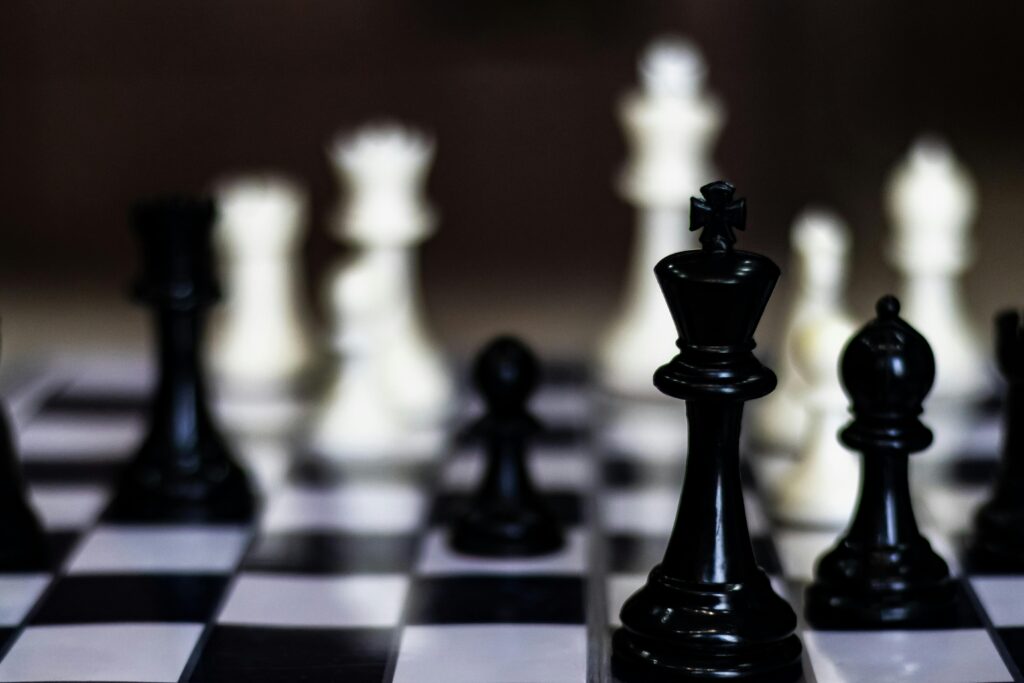
This is more than just a place to learn chess. It’s a place where kids grow into better thinkers, better learners, and better people.
Glasgow Chess Club
Glasgow Chess Club is one of the oldest clubs in Scotland. It has a rich history and offers weekly in-person gatherings for players of all ages. They host some events and league games, and they are great for adults and older kids who already play well.
But for younger children or total beginners, it might feel a bit too serious or too unstructured. The sessions aren’t always built around teaching, and there’s no curriculum to follow. Also, there’s no dedicated online option or regular child-focused classes.
While it’s a good place to meet other players, it’s not designed with modern, step-by-step learning in mind like Global School of Chess.
Bearsden Chess Club
Bearsden Chess Club is another well-known club in the greater Glasgow area. They hold meetings and have a good community feel. Some local tournaments and league matches happen here. It’s a cozy place with a few juniors attending.
However, training here can be hit-or-miss. There’s no regular class schedule for kids, and coaching is mostly informal. For parents looking for a clear system or a coach who checks in regularly, this might not be the best fit. There’s no online component and little focus on personal growth through chess.
Compared to Global School of Chess, it lacks structure, variety, and depth in teaching.
Chess Scotland Junior Events
Chess Scotland organizes junior events across the country. They sometimes host training days and tournaments for young players. These are fun for kids who already have a bit of experience. They also provide a chance to play with other students across Scotland.
But these events don’t happen every week. They’re occasional and not part of a regular program. There’s no ongoing class or coaching plan, and there’s no one to guide the student through their learning week by week.
For steady progress and personal attention, Global School of Chess offers much more.
Lenzie Chess Club
Lenzie Chess Club serves a small local community. It’s a friendly place for casual play. Sometimes families join just for fun or to explore chess together. They have a few junior members and a supportive environment.
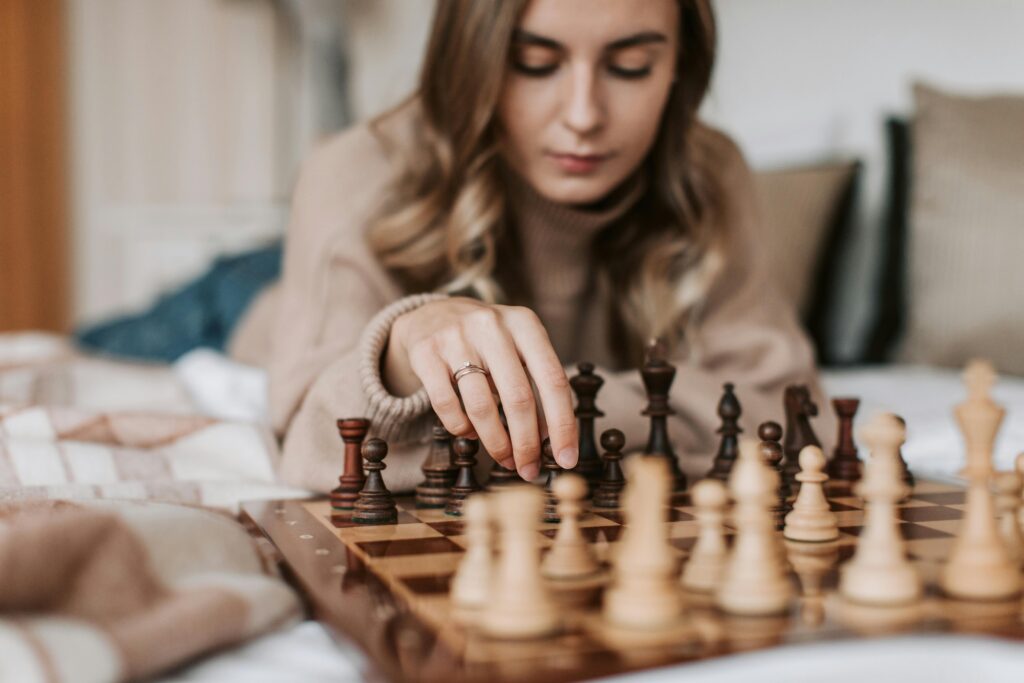
But again, this is more of a community chess space—not a teaching academy. There’s no online learning option, no formal curriculum, and no structured progress. It’s great for light-hearted games, but not ideal for real improvement.
In contrast, Global School of Chess is all about structured growth, personal coaching, and life skills development.
Why Online Chess Training is the Future
The world is changing fast, and how we learn is changing too. Just like schools are using more technology, chess training has also moved online—and for good reason. Parents in Clydebank and all around the world are now choosing online coaching because it simply works better for today’s kids.
Let’s talk about why this matters so much.
First, online chess training is flexible. Families are busy. Between school, homework, and other activities, it can be hard to find time for one more class. With online learning, your child can join a lesson from the comfort of home. No driving. No waiting. No rushing. Just log in, sit back, and learn.
Second, the quality is often higher. Why? Because when you go online, you’re not limited to who lives nearby. You can find top-level coaches from anywhere in the world. At Global School of Chess, our coaches are handpicked. They’re FIDE-certified. They know how to teach in a fun, clear, and effective way. And your child gets to learn from the best—no matter where they live.
Third, every lesson is focused and structured. In many local clubs, kids just play a few games with no real teaching. But in online classes, every minute is used wisely. We start on time. We explain concepts clearly. We answer questions. We give homework. Your child will leave each class knowing something new and ready to use it.
Fourth, online training feels safer. As a parent, you know how important safety is. With online learning, your child stays at home. You can sit nearby. You can watch the class. You know exactly what’s being taught and how your child is responding. It brings peace of mind.
Fifth, and maybe most important, online chess teaches more than just chess. Kids learn how to stay focused on a screen. They learn to communicate online, ask questions, and listen carefully. These are real-world skills. In today’s digital world, being confident online is just as important as being confident face-to-face.
At Global School of Chess, we’re not just teaching chess. We’re preparing kids for life.
How Global School of Chess Leads the Online Chess Training Landscape
At this point, you might be wondering—“Okay, but what really makes Global School of Chess so different from the rest?”
Let’s take a deep breath and really look at this.
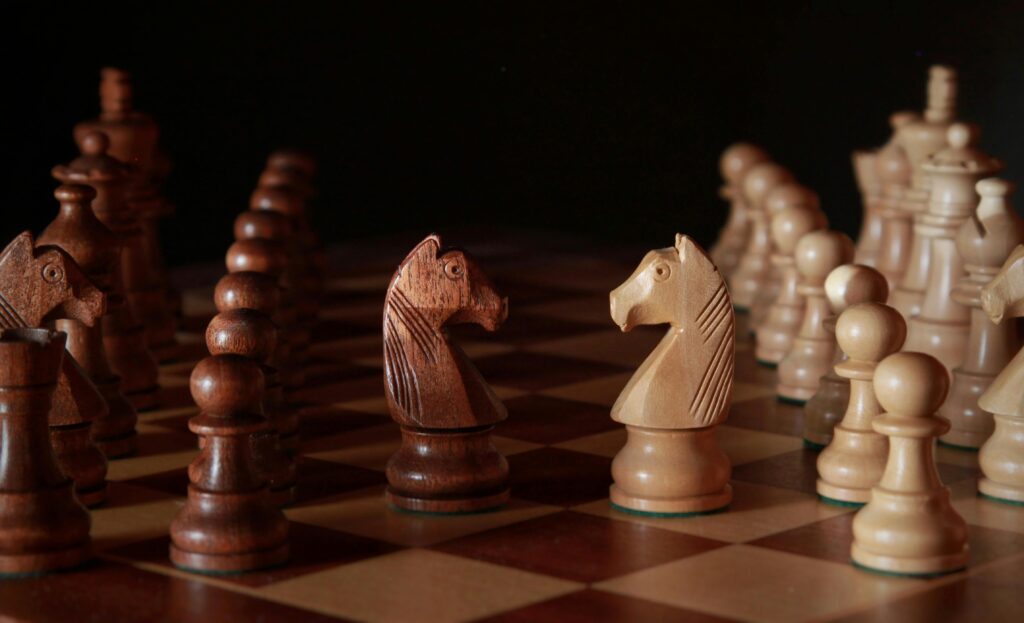
When we started Global School of Chess, we had one goal: to give every child, no matter where they live, the chance to learn chess the right way. Not just to play, but to understand. To grow. To love the game. And to become sharper, more confident thinkers.
And we’ve done just that.
Today, we’re proud to say we’ve built one of the most trusted online chess academies in the world. Our students come from over nine countries—from big cities to small towns like Clydebank—and they all come to us for the same reason: they want to learn chess in a way that feels clear, kind, and strong.
Let’s go over how we do that.
We Teach in a Way That Connects
We don’t just give a lecture and log off. Our coaches listen. They talk to students, ask questions, and make each class feel personal. Whether it’s a group class or a private lesson, the student is always at the center. It’s never rushed. It’s never boring. It’s real teaching, one move at a time.
Our Curriculum is a Roadmap to Mastery
Most chess training jumps around. One week it’s about checkmates, next week it’s about openings, with no connection. Not here. At Global School of Chess, we’ve built a full curriculum, tested with thousands of lessons, that moves your child forward—step by step, lesson by lesson. From absolute beginner to advanced levels, the learning is solid, organized, and exciting.
Our Coaches Are World-Class
Every coach at our academy is FIDE-certified. This isn’t just a title. It means they are trained to teach. They know how to explain things in simple words. They understand kids. They care. And many of them are tournament players themselves, bringing real-world insight into the class.
We Mix Learning With Action
What’s the point of learning without playing? Every two weeks, our students take part in real online tournaments. These are fun, exciting events where kids can try what they’ve learned in real games. We also go over the games afterward, so every student can improve quickly.
We Make It Easy for Parents
As a parent, you don’t have to guess if your child is improving. We send progress reports. We show you the growth. And we’re always here if you want to ask questions or talk about your child’s journey.
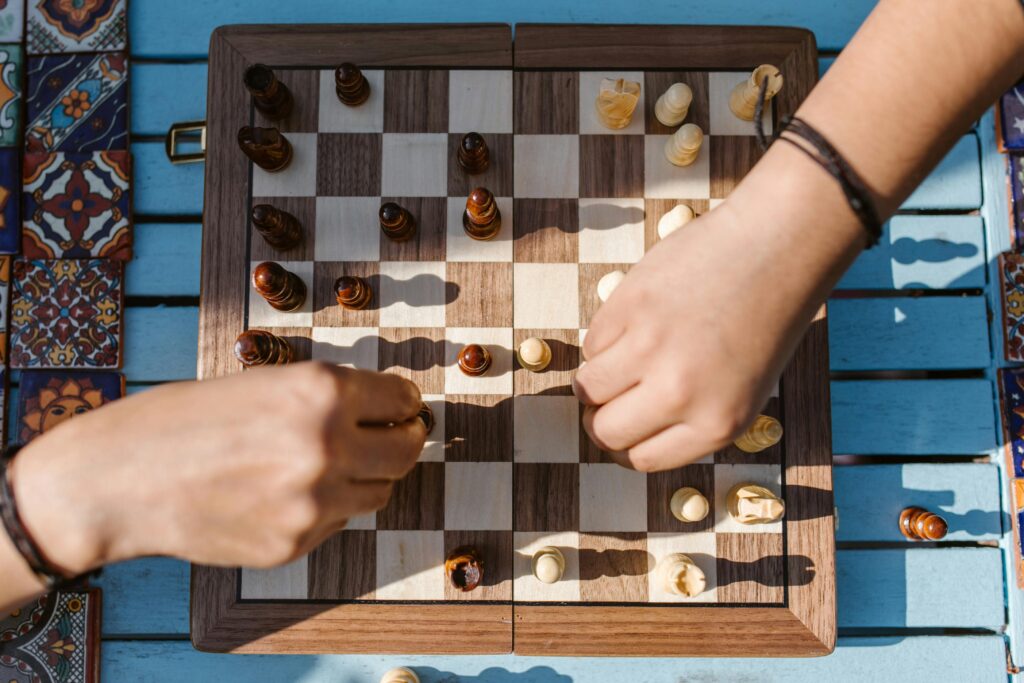
And yes, before you decide, you can take a free trial class to see it for yourself. It’s easy to sign up, and there’s no pressure. Just visit https://gschess.com/take-a-free-trial-class/ and schedule your session today.
Wrapping It Up
Choosing the right chess coaching academy is a lot like playing your opening move—it sets the tone for everything that follows. In Clydebank, Glasgow, there are some warm, community-driven clubs that offer a place to start. But when it comes to real progress, structured learning, and long-term growth, nothing compares to the depth and flexibility of online chess training.

